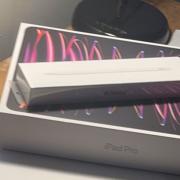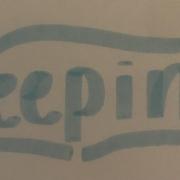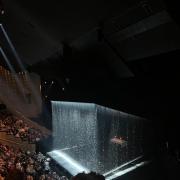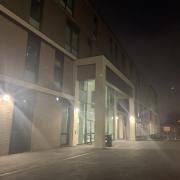
Unfortunately, concerts, musicals, pantomimes and many other musical festivals have been put to a stop around the UK during this global pandemic. Piano exams, or any instrumental exams, have found a way around this where the exam board, in which case Trinity, can mark the exam as clearly and with as much confidence as before.
Francesca Christmas, Associate Director of Music at Trinity College London, wrote on her blog, “We recognise that the Digital Grades and Diplomas have an additional and critical purpose at this time – that is to provide a means for all candidates to continue with their learning and progression despite the challenges presented by COVID-19.”
As I am about to sit for my upcoming piano exam in Summer, I am given two weeks to prepare, retake and to successfully send off a good video recording which meets all of the requirements of Trinity, the exam board. These conditions include the recording to be taken in one sitting (so the best recordings of pieces/ scales are not clipped in to allow a fair exam), good audio quality with little background noise and for there to be no one guiding you during the exam.
As the exam is recorded, sight-reading (playing a short piece from reading it) and aural (involves listening to music and singing through various exercises) can not take place, which helps me as those two sections lost me the most marks in the last exam. The scales that you have to do before playing pieces (exam usually follows the structure of scales-pieces-exercises-sight-reading-aural) are also already set, as obviously there will not be an examiner there when playing. This means that in theory, the exam is slightly easier however still as challenging, through the technical work and ability to play the main 3 pieces, which gather the most marks. Hopefully I will do well, as I have been playing the same 3 pieces for almost 12 months now!
In the absence of a live examiner in a remote exam, the two supporting tests, chosen from Sight Reading, Improvisation, Musical Knowledge and Aural Tests is replaced with a new Overall Performance criteria – “a set of criteria that would assess these (musicianship) skills as sustained across the entire exam performance.”, Christmas explained.
One of the key benefits of this approach “avoids a reliance on technologies that may not be able to deliver the exam content ….for example, video conferencing software does not reliably deal with latency and requires fast, reliable broadband ..”
This digital assessment is recognised as a fully regulated grade exam and carries the same UCAS points for applying to UK colleges and universities.
Overall, I believe, as with many others, that this exam is slightly easier than the face-to-face exam, however the pieces’ technical ability hasn’t changed so grade 8 is still as difficult. I much prefer this recorded exam, as, although there is the gaining pressure of you making mistakes later towards the end when the recording is going well, many recordings can be taken and there is much less to do, including sight-reading and aural, which sums up my ideal exam. Thank you for reading my article on music exams, and I hope you learnt a bit from it.



























